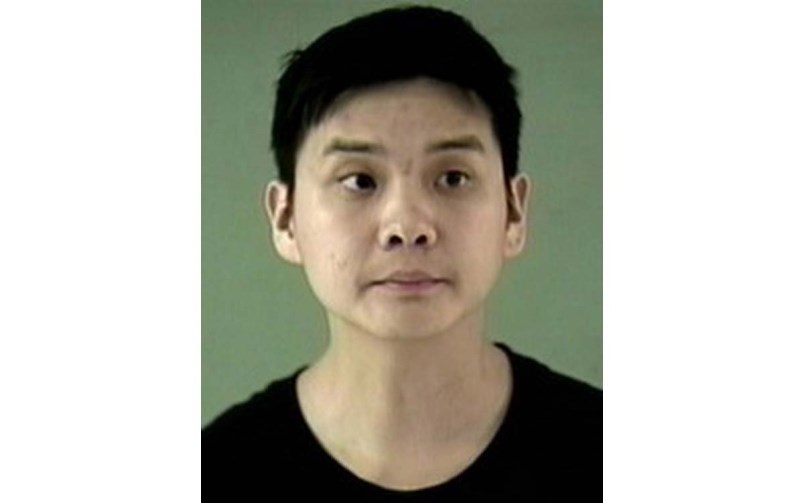Bundles of cash, money-counting machines, guns and bags of drugs were just some of the items found at a clandestine Richmond drug lab raided last month by RCMP.
That lab, among others, is now linked to a civil forfeiture case launched by the B.C. government.
The province’s director of civil forfeiture filed a notice of civil claim in B.C. Supreme Court on Nov. 3, claiming that the assets of Manila Bayshore Holdings – registered at a Vancouver address – are the “proceeds of unlawful activity.”
The government alleges that Manila is controlled by Kim World Huang and Yung En Yang – and that the funds in Manila’s bank account are held in trust for them.
Huang and Yang’s last known address, according to the court documents, is 6340 Comstock Road – near Granville Ave and No. 2 Road – in Richmond.
Manila’s director, David Gar Fong Lee, whose address is the same as the company’s, is also named as a defendant in the suit.
On March 4, Richmond RCMP responded to a fire at a Richmond apartment, which was suspected of being a clandestine drug lab. While court documents don’t provide the apartment’s address, at the time, Mounties said the fire was at Elmbridge and Hollybridge ways.
The next day, RCMP raided that apartment and found “large quantities of methamphetamine, synthetic drug precursor chemicals and equipment associated with the production of methamphetamine,” the court documents claim.
Police then launched a formal investigation into meth production in June, determining that there were clandestine drug labs at three addresses in Richmond – including one at Huang and Yang’s Comstock Road property.
During a search at the house on Oct. 28, police found “bundles of Canadian currency,” a loaded handgun in a bedroom nightstand and an active drug lab with multiple baking sheets, hot plates and containers cooking meth, numerous mixing bowls and measuring cups, solvents, cutting agents and chemical containers, according to court records.
An industrial pill press machine, along with Ziploc bags containing methamphetamine, fentanyl and crumbling Xanax tablets, and bags of vacuum-sealed cannabis, were also found during the raid. It appears, according to the court documents, that “fentanyl was being used to make counterfeit Xanax pills.”
Officers also seized “three assault-style long guns, a handgun and silencers” and ammunition, two money-counting machines, an accounting ledger detailing sales, collection and debt, and Canadian currency, found, for example, in a stack bundled with elastic bands and in a vacuum-sealed bag.
The court documents claim the currency “was not bundled or packaged in accordance with standard banking practices.”
There was also a chequebook linked to the account of Manila Bayshore – the company allegedly controlled by Huang and Yang – and notes detailing cooking instructions, including yields for controlled substances.
As a result, B.C.’s Director of Civil Forfeiture alleges that Manila’s “bank funds are proceeds and an instrument of unlawful activity,” including possession, possession for the purpose of trafficking and production of controlled substances, selling illicit cannabis, possessing unauthorized firearms, possession of the proceeds of crime, money laundering and failure to declare taxable income.
The government wants Manila’s bank funds – along with any proceeds and interest – forfeited, and the defendants to pay any costs.
Huang, Yang or Lee – Manila’s director – have not yet filed a response to the claim. The claims have not been proven in court.
While Huang and Yang were found inside their Comstock Road property – and arrested – during the raid last month, the notice of civil claim doesn’t specify whether any charges have been laid against them.
However, in May 2018, Huang was charged with 12 counts of possession of a controlled substance for the purposes of trafficking, following an investigation by Richmond RCMP.
Those charges were stayed in June 2020, following a three-day trial in B.C. Supreme Court in Vancouver, a spokesperson for the Public Prosecution Service of Canada (PPSC) told the Richmond News at the time.
“The Crown advised the court that the PPSC is required to consider whether there is a reasonable prospect of conviction throughout the prosecution process,” the spokesperson said in an email at the time.
“After hearing the testimony of Crown’s witnesses, the Crown reassessed the case and determined that the reasonable prospect no longer existed.”



